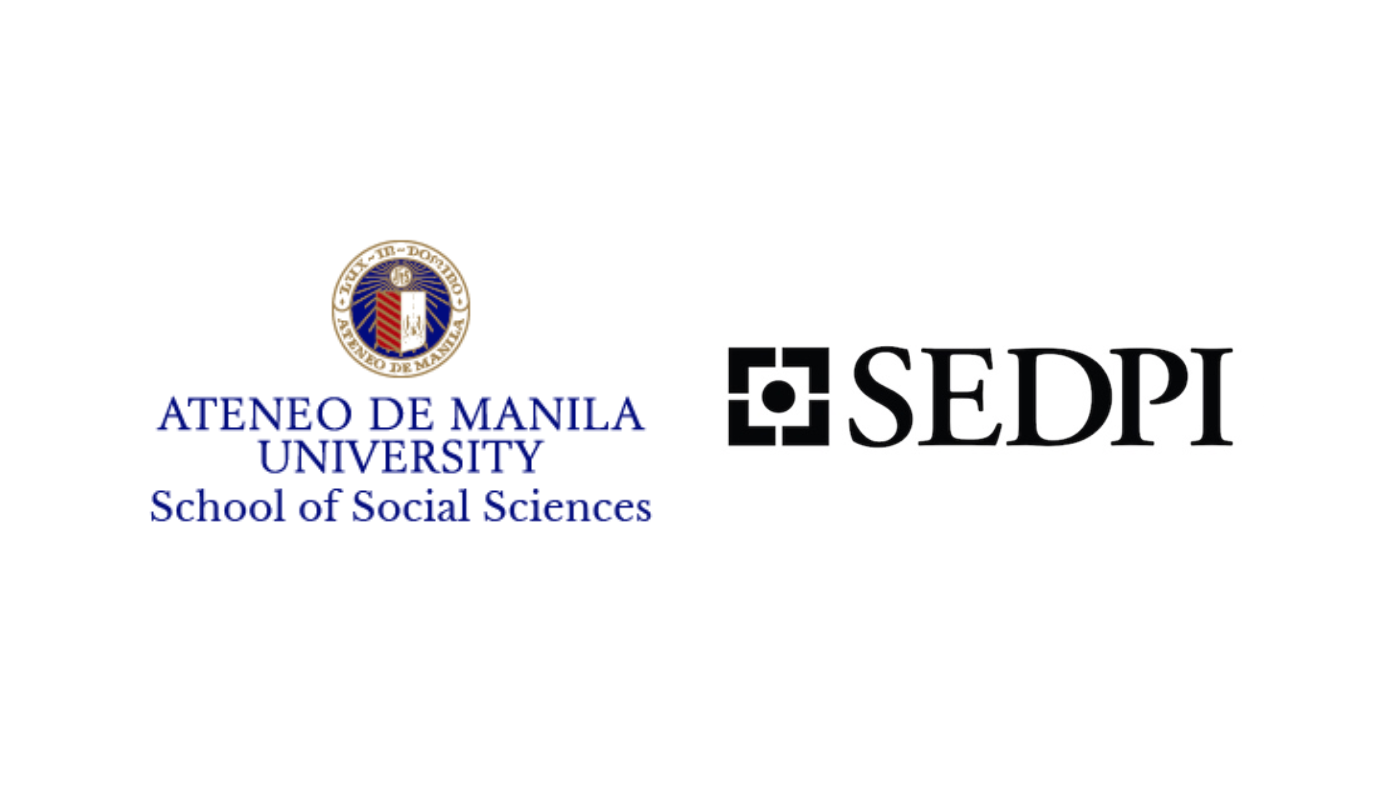Tag: Social entrepreneur
-

Plight of Microentrepreneurs in the Philippines Part 1 of 3 Sari-sari Stores
Never too Small for Hope- Part I Doing business is largely a family affair in the Philippines – 80% of enterprises are family-owned or family-controlled. Microenterprises are the most intimate and the most common of these businesses. Nine of out of 10 MSMEs in the Philippines are microenterprises. Their kinship is the most deep-rooted because…
-

Position Paper on Section 3.01 of the IRR of RA 11469 Section 4 (aa)
The COVID-19 pandemic continues to pose serious threats to health and has already disrupted the economy. This prompted the government to enact Republic Act No. 11469 otherwise known as the “Bayanihan to Heal As One Act,” declaring a state of national emergency in order respond to the urgent needs of the people. It is in…